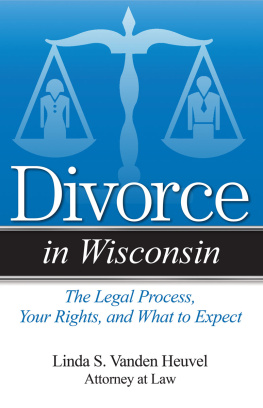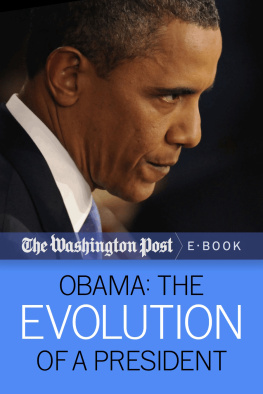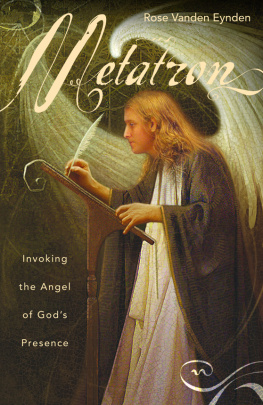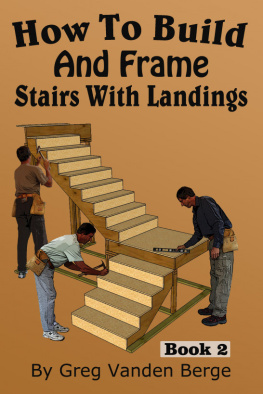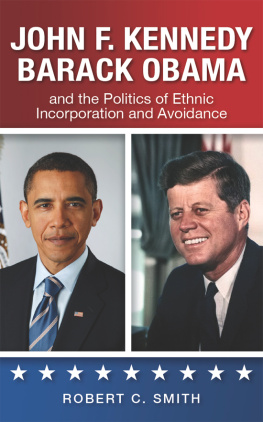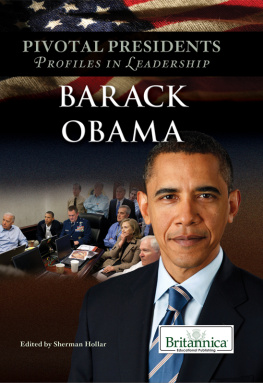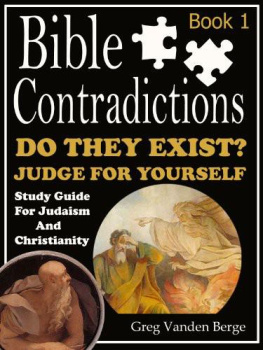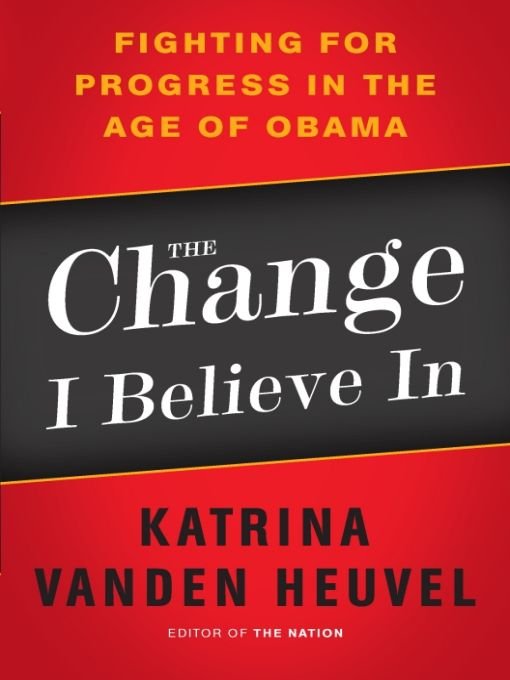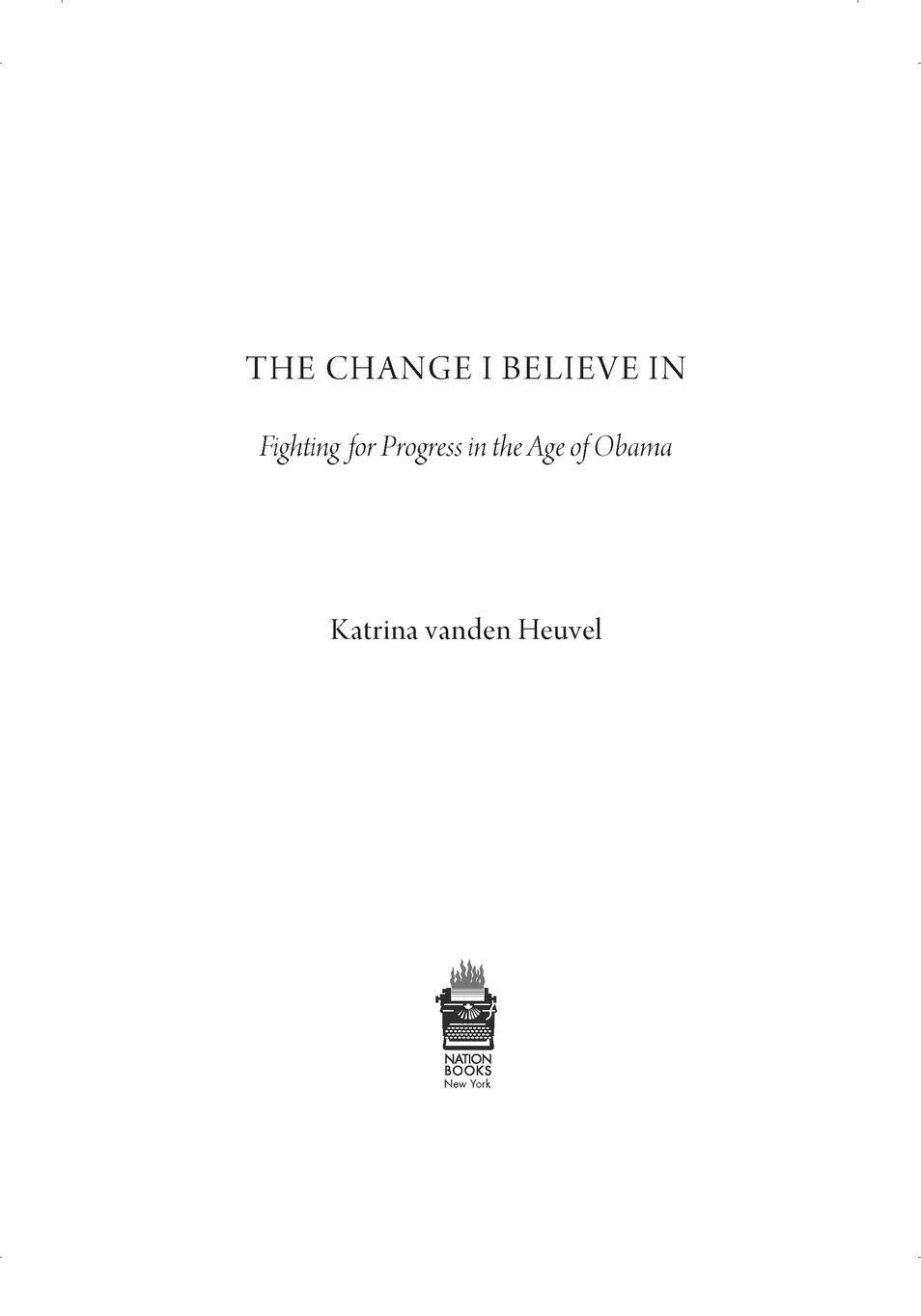Table of Contents
Also by Katrina vanden Heuvel
Voices of Glasnost:
Interviews with Gorbachevs Reformers
(coauthored with Stephen F. Cohen)
The Best of the Nation:
Selections from the Independent Magazine of Politics and Culture
(coedited with Victor Navasky)
Taking Back America:
And Taking Down the Radical Right
(coedited with Robert L. Borosage)
Dictionary of Republicanisms:
The Indispensable Guide to What They Really Mean
When They Say What They Think You Want to Hear
Meltdown:
How Greed and Corruption Shattered Our
Financial System and How We Can Recover (editor)
For Steve, who has helped me in so many ways, with gratitude and love
Introduction
AS EDITOR OF A MAGAZINE founded by abolitionists in 1865a magazine committed to truth-telling, exposing injustice, rooting out corruption, pushing transformative ideas, and fighting for a more just and peaceful worldmy work is often exhilarating, usually meaningful and demanding.
Working at this rhythm, its easy to lose a sense of possibility and perspectiveand certainly of idealism and hopewhen confronted by the forces of reaction and misinformation that afflict our politics and media. To be editor at a time of radical media transformation can sometimes lead to vertigo. But Ive tried to keep my balance, and worked (with a superb team) to ensure that The Nation and TheNation.com engage the 24/7 media cycle with integrityusing all of the new media toolsin order to better amplify our independent journalism. Yet I also find ways to counter the frenetic pace and the occasional dimming of spirits: dirty martinis (straight up), segments of Treme and True Blood, listening to Aretha Franklin, Marvin Gaye and Annie Lennox, long walks in Riverside Park with my husband and daughter (when shes home from college) and taking the long view of Martin Luther Kings arc of history that bends towards justice.
Above all, Im sustained by a core convictionone articulated by both the poet Seamus Heaney and the peoples bard Studs Terkelthat there is truth worth honoring. Studs, a regular Nation contributor, had a steely-sweet determination to tackle the odds and believed action engenders hope. Heaney wrote, Hope is not optimism, which expects things to turn out well, but something rooted in the conviction that there is good worth working for. My hope is that the writing in this modest collection is infused with that spirit.
Ive given this collection the title The Change I Believe In because these columns reflect how Ive navigated the Obama eraas an editor and writer, a woman, a citizen of conscience and a small-d democrat. My journey has been similar to that of millions of Americansfrom the exhilaration engendered by Obamas election and the first months of his presidency, which galvanized so much hope, through the disappointments.
The change I believe in is not one that happens in one or two or even three election cycles, or through a top-down approachno matter who is president. The change I believe in will come largely from below, through determined idealism and grounded pragmatism. The change I believe in recognizes that were living in a system hardwired to resist fundamental reform, in a political environment warped by corporate money and power. The change I believe in recognizes that it will take savvy organizing and smart inside-outside strategies by activists and principled political leaders to effectively counter and overcome the entrenched status quo. The change I believe in reflects candidate Obamas words in 2008 when he spoke of his hope for real change coming about by imagining and then fighting and then working for what did not seem possible before.
Despite the fact that we might see few reasons for optimism, in contrast to the hope we felt during those early days of the Obama Administration, these columns reflect my abiding belief that we can indeed forge a politics of conviction. But it is not a project for the faint of heart: For me and those I consider allies, as well as those I hope to persuade, rebuilding our democracy is no short-term undertaking. It is an act of engagement that demands commitment and a steadfast belief that the forces of decency and humanity will prevail over those of reaction and division. As I write in Hope in 2011: Dark periods come and go. They can be overcome when those of us who are affronted by private greed and reactionary overreach stand together and fight for time-tested as well as innovative solutions to what plagues us, when we revitalize independent organizing and craft strategies to rebuild, revive and reclaim democracy.

My views on change and how to achieve it have evolved during my years at The Nation. In many ways, I embarked on my informal political education and found my voice at the magazine. I started as an intern in 1980, soon after Victor Navaskya magnificent mentorbecame The Nations editor. My stint was a kind of political and journalistic boot camp. The office was full of vivid characters, creative dissenters and shoe-leather journalists. Christopher Hitchens, freshly arrived from the UKs New Statesman , seemed to be a whirling dervish and brilliant writing machine. Andrew Kopkind, the model of a politically engaged journalist, inspired us with stories of his reporting from Washington to Hanoi, from Selma in 1965 to Prague in the wake of the 1968 Soviet invasion.
From 1984 to 1988 I was an associate Nation editor. Beginning in 1988, I became editor at large (and at liberty), spending a considerable part of that time with my husband, an exchange scholar, in Moscowa city I first visited in 1978reporting from the frontlines of Perestroika for The Nation and other outlets. In 1994, Victor took a sabbatical (at the Harvard Business School!) and asked me to sit in his chair as acting editor. A year later I became editor of The Nation.
My sixteen years as editor have also been turbulent times for America. Im reminded of those events by the vast mountain of perilously stacked manila files behind my desk. These files stretch back in time: from the Clinton impeachment to the Supreme Courts selection of President George W. Bush in 2000; from 9/11 to the bombing of Afghanistan and the run-up to the Iraq War, and revelations of torture and abuse at Abu Ghraib; from Hurricane Katrina to Americas worst financial crisis since the Great Depression and Obamas electrifying election. I have certainly never experienced a week like the one described by The Nations founding editors, who wrote in the very first line of the magazines first issue: The week has been singularly barren of exciting events.
The Nations coverage of all of those events and more has only increased my respect for this extraordinary institution and the debatesboth civil and uncivilthat fill its pages and now its web pages. My work has many moving parts, but a central role for me is deciding (and occasionally drafting) a weekly editorial that speaks for the magazine, while also seeking an array of voices and ideas to challenge the limits of this countrys political debate and lay out clear alternatives for the future. Over the years, I have sometimes struggled to respect and articulate conflicting views; but I have encouraged our contributors and columnists to disagree, argue and debate among themselves in our pages on matters of principle, practicality, politics, policy and even morality. Ive usually reveled in our debatesover intervention, patriotism, Pacifica, pornography, religion, impeachment, Ralph Naders candidacy (we urged him not to run in 2000and again in 2004) and, more recently, Obamas presidency. Sometimes, however, debates at


